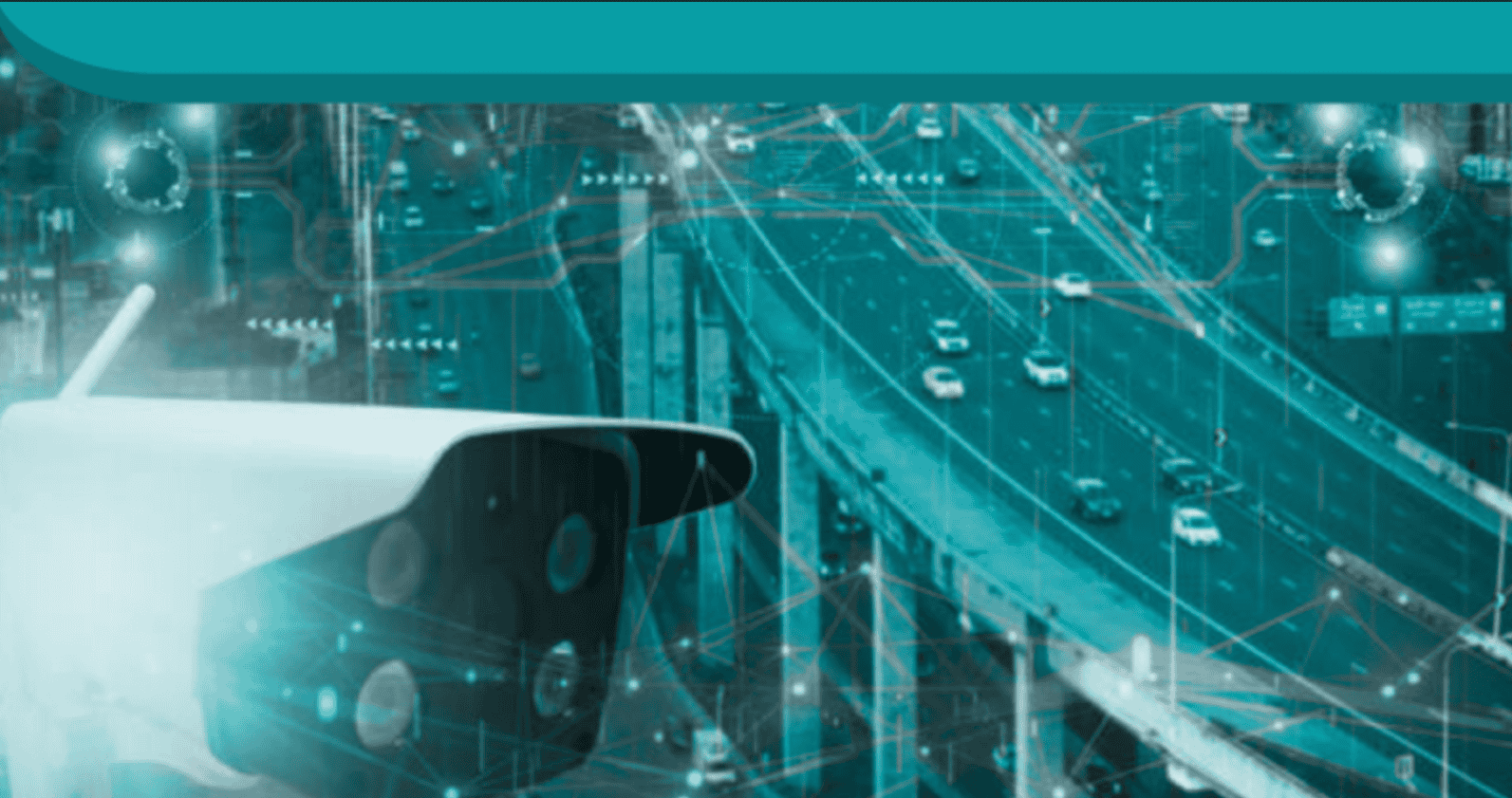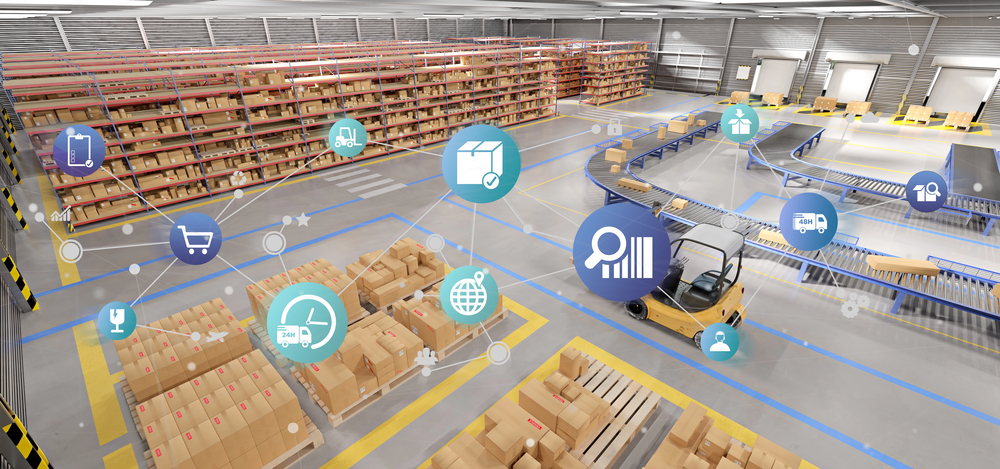Keeping pace with news and developments in the real-time analytics and AI market can be a daunting task. Fortunately, we have you covered with a summary of the items our staff comes across each week. And if you prefer it in your inbox, sign up here!
MLCommons announced results for its industry-standard MLPerf Storage v2.0 benchmark suite, which is designed to measure the performance of storage systems for machine learning (ML) workloads in an architecture-neutral, representative, and reproducible manner. This round of the benchmark saw dramatically increased participation, more geographic representation from submitting organizations, and greater diversity of the systems submitted for testing.
The benchmark results show that storage systems performance continues to improve rapidly, with tested systems serving roughly twice the number of accelerators than in the v1.0 benchmark round. The results for MLPerf Storage v2.0 can be found here: Storage benchmark results.
SNIA, the not-for-profit global organization for technologies related to handling and optimizing data, announced Storage.AI, an open standards project for efficient data services related to AI workloads. Storage.AI will focus on industry-standard, non-proprietary, and neutral approaches to solving AI-related data problems to optimize the performance, efficiency, and cost-effectiveness of AI workloads.
Companies that have signed on to Storage.AI include AMD, Cisco, DDN, Dell, IBM, Intel, KIOXIA, Microchip, Micron, NetApp, Pure Storage, Samsung, Seagate, Solidigm, and WEKA. In addition to SNIA’s substantial membership, the project will work to build broad ecosystem support with SNIA’s partners, including UEC, NVM Express, OCP, OFA, DMTF, SPEC, and others.
Real-time analytics news in brief
Google Cloud announced five new AI agents designed to help developers, analysts, and data scientists with tedious tasks. The agents for data workers include:
- Conversational Data Analysis: Business users and analysts can ask complex questions in natural language and receive answers with code and visualizations.
- AI-Native SQL: Practitioners can analyze both structured and unstructured data.
- Faster Data Pipelines: Accelerate data preparation by automating the creation of complex data pipelines.
- Real-Time Operational Analytics: Dramatically accelerates large-scale analytical queries directly within the operational database.
The agent for developers acts as an AI coding teammate, automating key development workflows.
Aquant announced the launch of its Agentic AI Platform, an offering that empowers service organizations to create, integrate, and deploy custom AI agents tailored to their unique operations and challenges. Unlike rigid, pre-defined vertical solutions or force-fit general-purpose AI platforms that lack deep service expertise, Aquant’s Agentic AI Platform offers a horizontal platform infused with domain-specific knowledge.
Bedrock Data (formerly Bedrock Security) announced the general availability (GA) of its Model Context Protocol (MCP) Server. The solution provides two key capabilities for enterprises: it enables agentic AI systems to self-govern by drawing on Bedrock’s Metadata Lake to provide data context for autonomous decision-making and governance; it also allows security teams to leverage AI-driven metadata intelligence for more precise, faster incident response through alert prioritization and context-aware threat detection.
BigID announced Data Cleansing for AI, a new capability designed to help organizations reduce AI risk by removing high-risk and sensitive data before it enters generative AI tools and LLMs. The solution empowers organizations to redact or tokenize sensitive information at scale across both structured and unstructured data. This helps prevent confidential data from being embedded into model outputs, leaked in prompts, or misused in downstream AI applications.
Blaize Holdings unveiled the Blaize AI Platform, a purpose-built, edge-native solution engineered to efficiently and flexibly deliver multimodal intelligence for mission-critical workloads across a wide range of industries. With a focus on programmability and ease of deployment, the platform is designed to accelerate AI implementation without complexity.
Cribl unveiled Cribl Guard, a solution that enhances how enterprises detect and protect sensitive information. Cribl Guard combines advanced AI with a human-in-the-loop control point to spot sensitive data, such as credit-card, passport, and Social Security numbers, as it flows through Cribl Stream. The solution empowers operators to proactively detect and protect sensitive data, reducing risk, ensuring regulatory compliance, and improving operational efficiency.
D-Wave Quantum (“D-Wave”) announced that it has released a collection of offerings to help developers explore and advance quantum AI and machine learning (ML) innovation, including an open-source quantum AI toolkit and a demo. The quantum AI toolkit enables developers to seamlessly integrate quantum computers into modern ML architectures. The demo illustrates how developers can leverage this toolkit to experiment with using D-Wave quantum processors.
DataBahn.ai announced the launch of its Smart Agent for endpoint telemetry collection. The new agent delivers a unified, cross-functional approach to collecting, processing, and routing telemetry across security and observability teams while reducing the complexity, cost, and risk of managing multiple tool-specific agents. The release introduces a highly flexible deployment model, allowing customers to install a lightweight endpoint agent on key systems or choose DataBahn’s “phantom collector” for agentless collection.
DataPelago announced the launch of the DataPelago Accelerator for Spark, an accelerator that combines native execution, CPU vectorization, and GPU acceleration for Apache Spark workloads. The solution is a plug-and-play accelerator that integrates seamlessly with existing Apache Spark clusters and infrastructure. Organizations can deploy the Accelerator in minutes without migrating to new platforms, rewriting code, or changing data connectors or security policies.
Descope announced the launch of Agentic Identity Control Plane, a solution that enables security teams to institute policy-based governance, auditing, and identity management for their AI agent and Model Context Protocol (MCP) ecosystems. The release enhances Descope’s agentic identity offering and provides enterprise security teams with critical oversight into identity management and governance for both internal and external-facing AI systems.
KPMG announced new initiatives to help customers deploy and manage AI agents that transform enterprise data management and business processes. KPMG is making significant investments in AI and helping organizations create and deploy AI agents to fit their unique business needs with Oracle Cloud Infrastructure (OCI) Generative AI Service and Oracle AI Agent Studio for Fusion Applications, comprehensive platforms for creating, extending, deploying, and managing AI agents and agent teams across the enterprise.
Oracle announced the general availability of Oracle Globally Distributed Exadata Database on Exascale Infrastructure, designed to simplify the deployment of distributed mission-critical applications across Oracle Cloud Infrastructure (OCI) regions worldwide. This new service automatically distributes, stores, and synchronizes data across multiple locations, enabling applications to remain online even during regional outages and helping businesses meet data residency requirements.
TDengine announced the release of TDengine IDMP, an AI-native industrial data management platform that signifies a paradigm shift in industrial data consumption. Combined with the high-performance time-series database TDengine TSDB, TDengine IDMP forms a full-stack industrial data solution covering all parts of the data lifecycle from aggregation and storage to real-time analysis, visualization, and alerting. TDengine IDMP also provides a range of essential features, including data modeling, contextualization, standardization, and event management.
Zyter|TruCare announced the launch of Zyter Symphony, an orchestrated Agents-as-a-Service platform that enables enterprises to rewire legacy workflows. Unlike monolithic AI stacks or isolated point solutions, Symphony operates as an agentic orchestration layer, combining multi-agent coordination, omnichannel collaboration, and process transformation services into a single, closed-loop platform that connects design to execution, and execution to measurable outcomes.
Partnerships, collaborations, and more
Concentric AI announced the availability of integrations that enhance the AI-driven capabilities of its Semantic Intelligence data security governance platform, broadening its data governance functionalities for organizations and furthering its technology lead over the competition. Concentric AI’s new integration with Wiz gives customers contextual insights into their cloud data and allows them to identify precisely which data is sensitive. The company’s new integration with GitHub enables the Concentric AI platform to preemptively watermark source code, helping prevent unauthorized access. Finally, the company expanded its existing integration with Salesforce to include discovering location information, which is important for GDPR compliance.
Redpanda announced Redpanda 25.2, which simplifies Iceberg adoption for enterprise users. The latest update also includes support for Databricks Unity Catalog, allowing enterprise customers to turn streaming event data into queryable Iceberg tables in Databricks. By integrating Redpanda Iceberg Topics and Databricks Unity Catalog, streaming data becomes immediately queryable in Databricks using Spark or DB SQL as Managed Iceberg tables. This eliminates the need for batch ETL, enabling AI/ML models, dashboards, and data pipelines to consume fresh, real-time data in a unified, open lakehouse architecture.
Cloudera announced its acquisition of Taikun. With Taikun’s technology, Cloudera gains a fully integrated compute layer that unifies deployment and operations across the IT stack, delivering a consistent, cloud-like experience anywhere.
DataRobot announced that its AI Apps and Platform is now an SAP-endorsed app, available for online purchase on the SAP Store. DataRobot’s AI Apps and Platform work alongside SAP to layer intelligent decision support, automation, and continuous learning directly into existing planning modules. With native integration into SAP data and workflows, these AI-powered apps accelerate planning, reduce manual overhead, and deliver enterprise-grade governance.
Espresso AI launched a Kubernetes Scheduler for Snowflake that intelligently routes queries between warehouses in real time. The solution is a proxy between Espresso’s users and Snowflake’s data warehouses. When users or tools send a query to Snowflake, the AI-driven scheduling agent re-routes the query to an appropriate cluster based on computing resources requirements.
Kyndryl announceda collaboration with Google Cloud to accelerate enterprise innovation. As part of the work, Kyndryl developed 100 AI agents. The agents are real, scalable, and already embedded in production environments across industries around the world.
In other Kyndryl news, the company expanded its strategic alliance with HPE to accelerate customer adoption of HPE Private Cloud AI, which was co-developed with NVIDIA. This collaboration will combine HPE’s advanced Private Cloud AI, NVIDIA AI Computing, and Kyndryl AI consulting expertise to help customers unlock the potential of their AI strategies and create impactful business outcomes.
OpenAI launched gpt-oss, a new family of open-reasoning models trained, optimized, and deployed on NVIDIA GPUs. Specifically, these models were trained on NVIDIA H100 GPUs, optimized across the full NVIDIA stack, and run inference best on NVIDIA Blackwell and RTX GPUs. This release allows developers, enterprises, startups, and governments worldwide to leverage advanced AI capabilities today.
If your company has real-time analytics news, send your announcements to ssalamone@rtinsights.com.
In case you missed it, here are our most recent weekly real-time analytics news roundups:

















 Best Practices for Deploying and Scaling Industrial AIArtificial Intelligence (AI) is transforming industrial operations, helping organizations optimize workflows, reduce downtime, and enhance productivity. Different industry verticals leverage AI in unique ways.Link to The Center for Adaptive Edge Intelligence
Best Practices for Deploying and Scaling Industrial AIArtificial Intelligence (AI) is transforming industrial operations, helping organizations optimize workflows, reduce downtime, and enhance productivity. Different industry verticals leverage AI in unique ways.Link to The Center for Adaptive Edge Intelligence The Center for Adaptive Edge IntelligenceAdaptive edge intelligence brings real-time decision-making to the point of data creation, whether from sensors, machines, or cameras.Link to The Value of Vehicle Electrification
The Center for Adaptive Edge IntelligenceAdaptive edge intelligence brings real-time decision-making to the point of data creation, whether from sensors, machines, or cameras.Link to The Value of Vehicle Electrification The Value of Vehicle ElectrificationElectric vehicles (EVs) present automakers with many design, engineering, and manufactu ring challenges.Link to Accelerating Manufacturing Digital Transformation with Industrial Connectivity and IoT
The Value of Vehicle ElectrificationElectric vehicles (EVs) present automakers with many design, engineering, and manufactu ring challenges.Link to Accelerating Manufacturing Digital Transformation with Industrial Connectivity and IoT Accelerating Manufacturing Digital Transformation with Industrial Connectivity and IoTDigital transformation is empowering industrial organizations to deliver sustainable innovation, disruption-proof products and services, and continuous operational improvement.Link to Smart Manufacturing for Automotive
Accelerating Manufacturing Digital Transformation with Industrial Connectivity and IoTDigital transformation is empowering industrial organizations to deliver sustainable innovation, disruption-proof products and services, and continuous operational improvement.Link to Smart Manufacturing for Automotive Smart Manufacturing for AutomotiveLeading a transportation revolution in autonomous, electric, shared mobility and connectivity with the next generation of design and development tools.Link to Center for Data Pipeline Automation
Smart Manufacturing for AutomotiveLeading a transportation revolution in autonomous, electric, shared mobility and connectivity with the next generation of design and development tools.Link to Center for Data Pipeline Automation Center for Data Pipeline AutomationAs businesses become data-driven and rely more heavily on analytics to operate, getting high-quality, trusted data to the right data user at the right time is essential.Link to Center for Automated Integration
Center for Data Pipeline AutomationAs businesses become data-driven and rely more heavily on analytics to operate, getting high-quality, trusted data to the right data user at the right time is essential.Link to Center for Automated Integration Center for Automated IntegrationThe goal of automated integration is to enable applications and systems that were built separately to easily share data and work together, resulting in new capabilities and efficiencies that cut costs, uncover insights, and much more.Link to Continuous Intelligence: Insights
Center for Automated IntegrationThe goal of automated integration is to enable applications and systems that were built separately to easily share data and work together, resulting in new capabilities and efficiencies that cut costs, uncover insights, and much more.Link to Continuous Intelligence: Insights Continuous Intelligence: InsightsDigital transformation requires continuous intelligence (CI). Today’s digital businesses are leveraging this new category of software which includes real-time analytics and insights from a single, cloud-native platform across multiple use cases to speed decision-making, and drive world-class customer experiences.
Continuous Intelligence: InsightsDigital transformation requires continuous intelligence (CI). Today’s digital businesses are leveraging this new category of software which includes real-time analytics and insights from a single, cloud-native platform across multiple use cases to speed decision-making, and drive world-class customer experiences.














